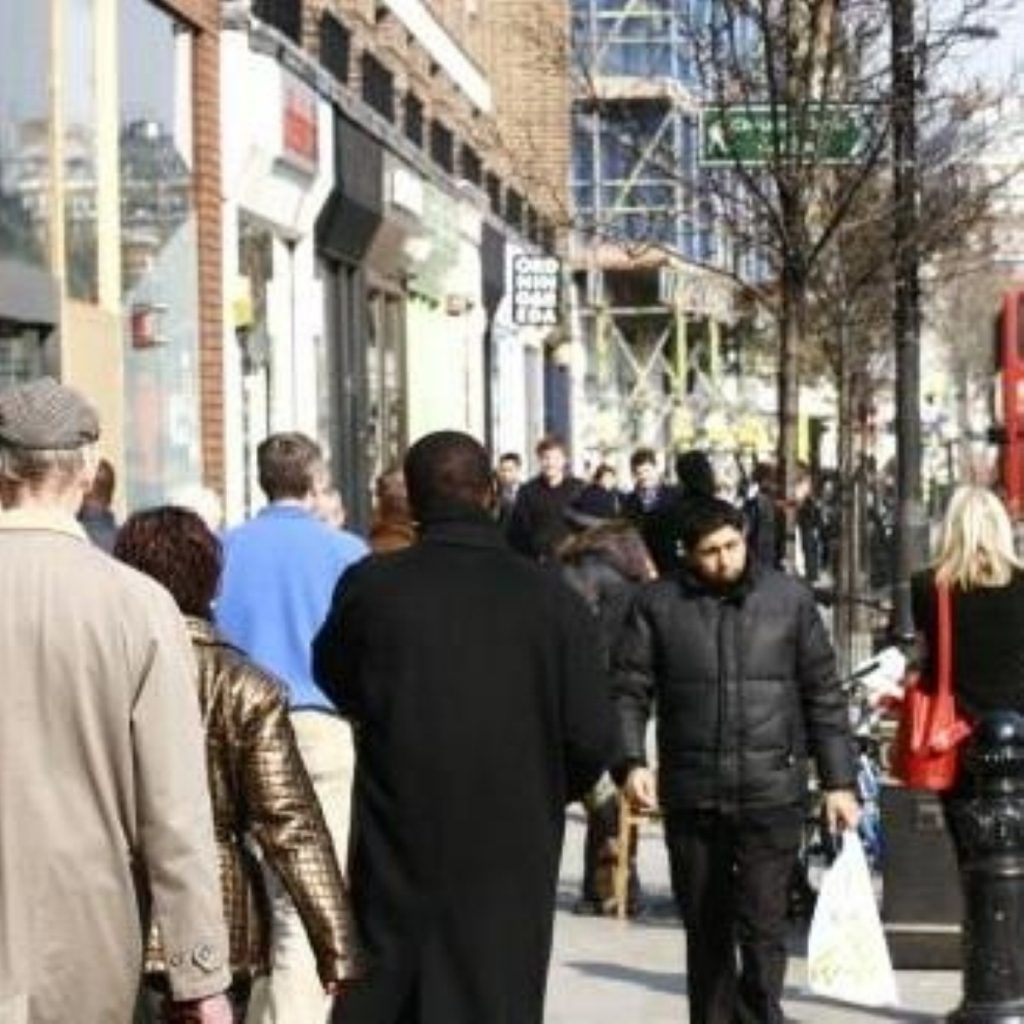British population to hit 77 million by 2051
The UK population is set to expand by 4.4 million before 2016, according to a report released by the Office for National Statistics (ONS) today.
The rises equate to an increase of some 0.7 per cent annually – the fastest since the post-WWII baby-boom.
Increases are partially attributed to natural causes – i.e. more births than deaths and an ageing demographic – but also to net inward migration trends.
In the longer term, population levels are set to rise from the current 60 million to 71 million by 2031 and 77 million in 2051.


Both figures are included in the population projections report, represent increases on previous projections made in 2004.
The ONS report states: “In common with most other countries, the UK has an ageing population.
“The proportion of people aged 65 and over is projected to increase from 16 per cent in 2006 to 22 per cent by 2031.
“This is an inevitable consequence of the age structure of the population alive today, in particular the ageing of the large numbers of people born after the Second World War and during the 1960s baby boom.”
However, migration was also cited as an important factor in an increasing population.
Estimates for net migration inflow have also increased from 145,000 to 190,000 a year from 2004 figures.
Immigration minister Liam Byrne commented on the report today, saying: “Frankly, it underlines the need for swift and sweeping changes to the immigration system in the next 12 months, which will include the introduction of an Australian-style points based system, so only those Britain needs can come to work and study.”
The European Commission has recently put forward plans for a so-called “Blue Card”, which would only allow suitably skilled international workers to take up employment in the EU.
The need for change was echoed by the Conservatives and right-wing pressure groups.
Andrew Green, chairman of Migrationwatch UK, said: “A population growing at this speed is just incredible – twice the population of London by the mid-century.
“It will have a huge impact on our infrastructure, on our public services, and indeed on the whole nature of our society; and all of it taking place without the public ever being consulted.”
He was joined by Conservative shadow immigration minister, Damian Green, who called for a “gradual and sensible growth of population rather than this headlong growth in population which is bound to put extra strain on public services”.
Changes are, however, expected to vary across the country.
While the population was predicted to increase to by eight per cent in England by 2016, this fell to seven and five per cent in Northern Ireland and Wales respectively.
In Scotland – where lower fertility and life expectancy levels are predicted – a population growth of only three per cent by 2016 was expected.

